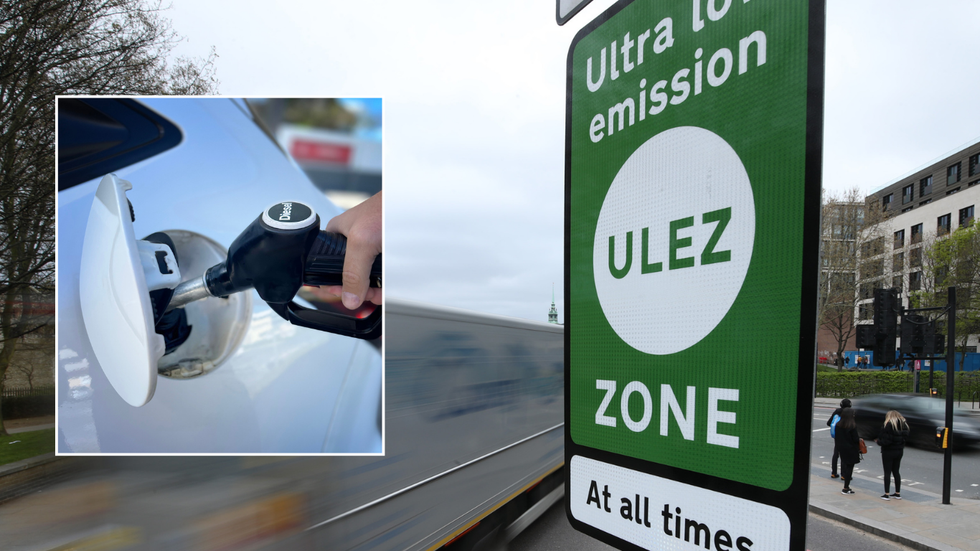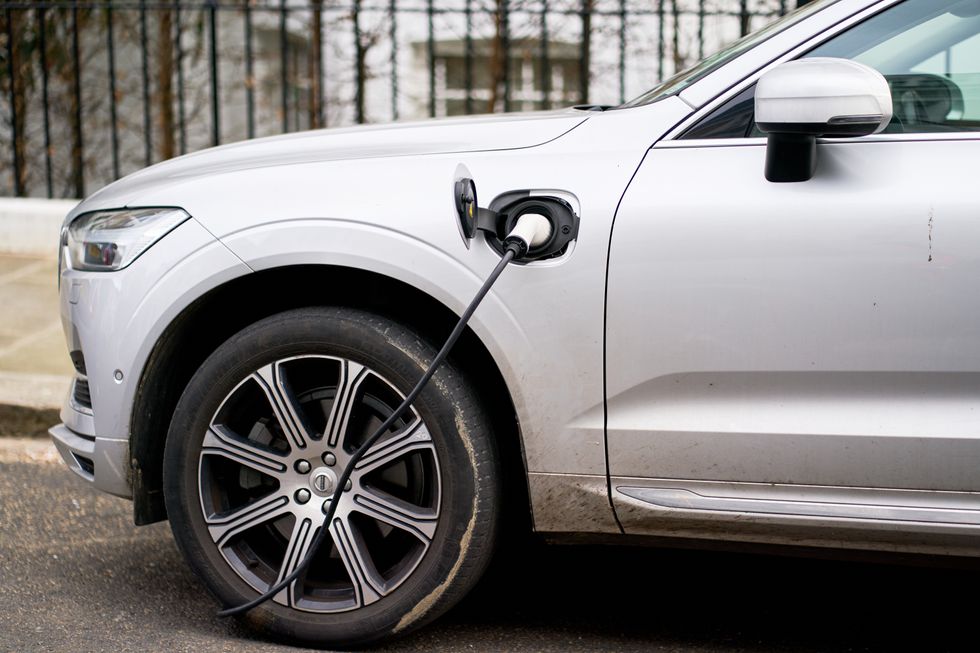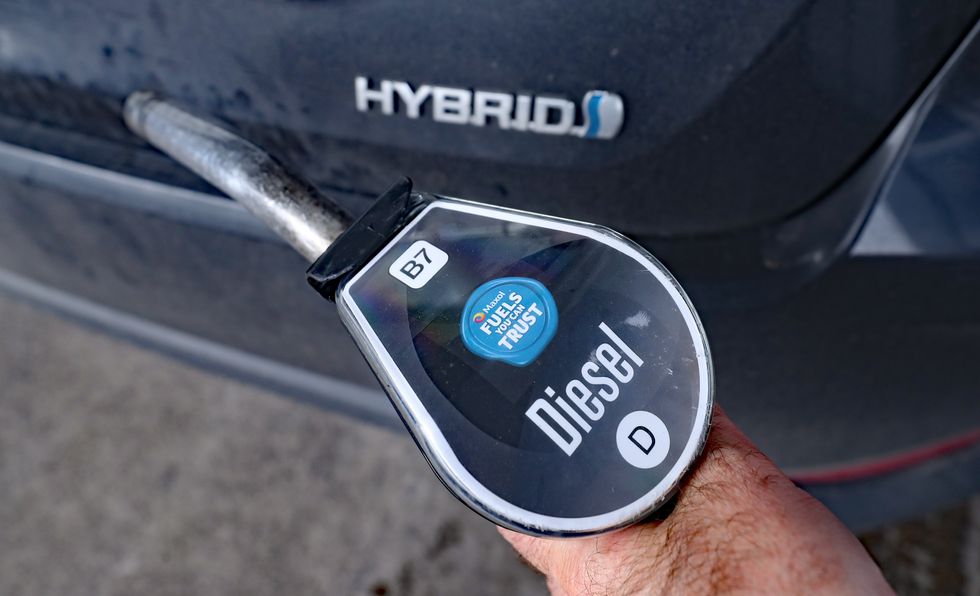Labour risks pushing popular car type into extinction amid driving restrictions and net zero laws

The diesel car market has plummeted across the UK due to regulations and travel restrictions
Don't Miss
Most Read
Latest
Drivers of a popular vehicle type could soon be extinct after punishing environmental goals have imposed serious restrictions on travel across the UK.
The diesel car market has been plummeting over the past few years, with the number of available new models collapsing by two-thirds in just five years.
Research from automotive marketplace CarGurus revealed that 30 of the largest vehicle manufacturers now offer merely 57 diesel variants, a steep fall from 167 models in 2020.
The automotive industry's shift away from diesel technology has accelerated markedly, with a 12 per cent reduction in available models compared to last year alone.
This decline reflects manufacturers' responses to changing consumer preferences and regulatory pressures from the Zero Emission Vehicle mandate, as well as several driving restrictions from Ulez and Low Emission Zones.
The mandate requires all new petrol and diesel car sales to be electric by 2030, with at least 28 per cent compliant by this year.
The data revealed that diesel options have become increasingly scarce across showrooms, leaving buyers with significantly fewer choices when seeking new diesel-powered vehicles.
The diesel engine's prominence across UK motoring peaked a decade ago when 202 variants were available to consumers.
Throughout the early 2000s, diesel vehicles experienced strong growth in popularity, with available models climbing from 123 in 2005 to 191 by 2010.

There are only 57 diesel model options available for drivers among the top car manufacturers
|GETTY/PA
This expansion reflected widespread consumer confidence in diesel technology, which was then marketed as an efficient and economical choice for motorists.
However, the trajectory reversed dramatically after 2015, with manufacturers progressively removing diesel options from their ranges.
The steady withdrawal has continued year after year, transforming diesel from a mainstream choice to an increasingly niche offering in the UK automotive market.
The current automotive landscape revealed a stark reduction in diesel availability, with merely 13 manufacturers from the top 30 still producing diesel vehicles, compared to 28 five years ago.
LATEST DEVELOPMENTS:

Government policy has been pushing drivers away from petrol and diesel cars in favour of electric vehicles
| PAMercedes-Benz has emerged as the market leader, expanding its diesel range to 16 models from 13 the previous year, largely through incorporating diesel powertrains into plug-in hybrid vehicles.
But several prominent manufacturers have completely abandoned diesel production, with Dacia becoming one of the latest brands to eliminate these engines from their lineup.
The exodus includes Mitsubishi's complete withdrawal from the UK market in 2021, and Jaguar's suspension of new model launches while transitioning to electric vehicles.
Citroën was found to remain among the few manufacturers investing in diesel technology, introducing updated engines that meet contemporary emissions standards.

Drivers and businesses have been moving away from diesel cars in favour of electric vehicles due to regulations
| PAData from the Society of Motor Manufacturers and Traders revealed that diesel registrations plummeted from nearly 1.3 million vehicles in 2015 to just 123,104 in 2024.
This represented a decline of more than 90 per cent over the past decade, demonstrating how rapidly motorists have abandoned the fuel type.
Chris Knapman, Editorial Director at CarGurus UK, said: "Our latest research once again highlights the rapid decline in the choice of new diesel cars available to UK drivers.
"However, while diesel is clearly no longer the default choice it once was, there remains strong demand in specific segments, particularly among high-mileage drivers and those needing towing capability or long-range efficiency."
But he did note that the second-hand market continues to provide extensive diesel options for interested buyers. "For these buyers, the used car market continues to offer a broad range of diesel models, including many that meet Ulez requirements," Mr Knapman explained.









